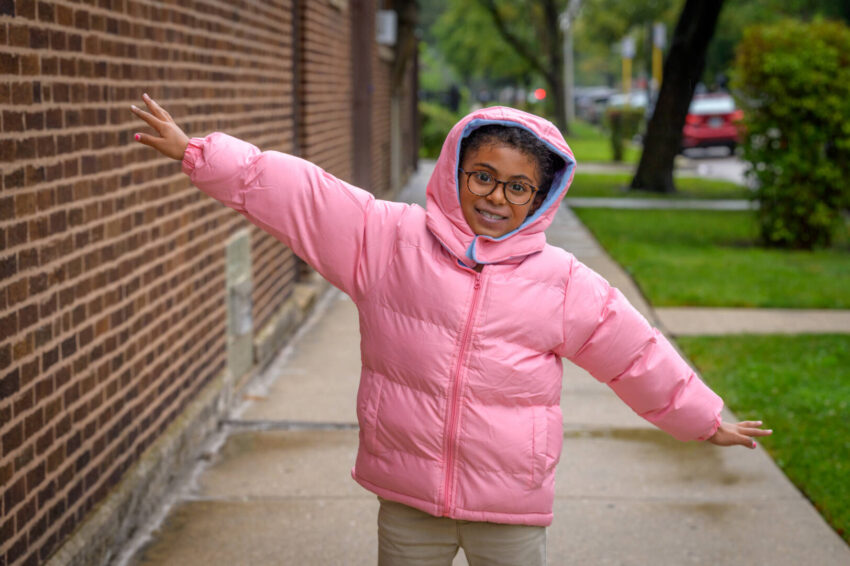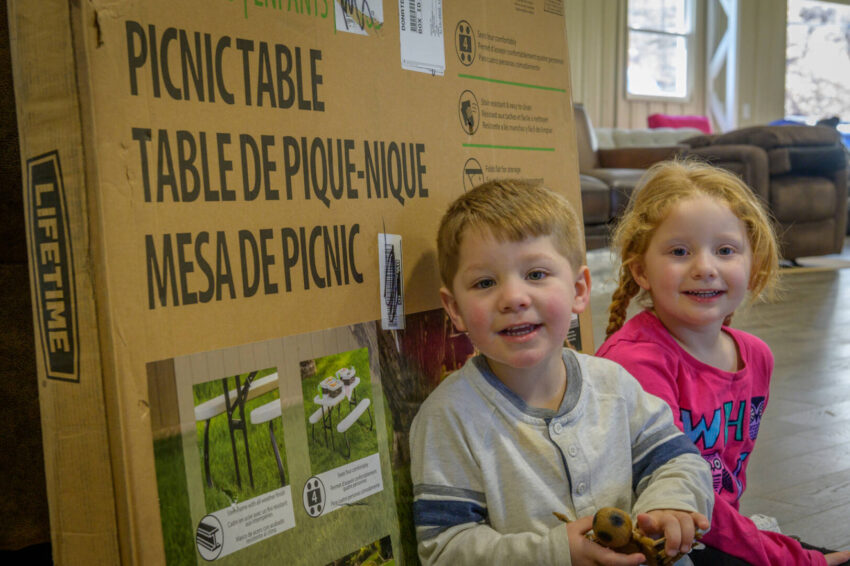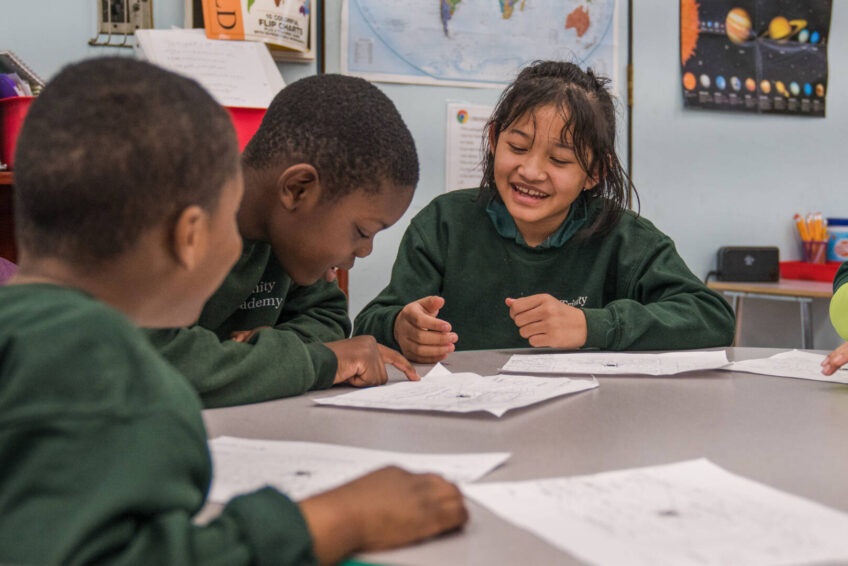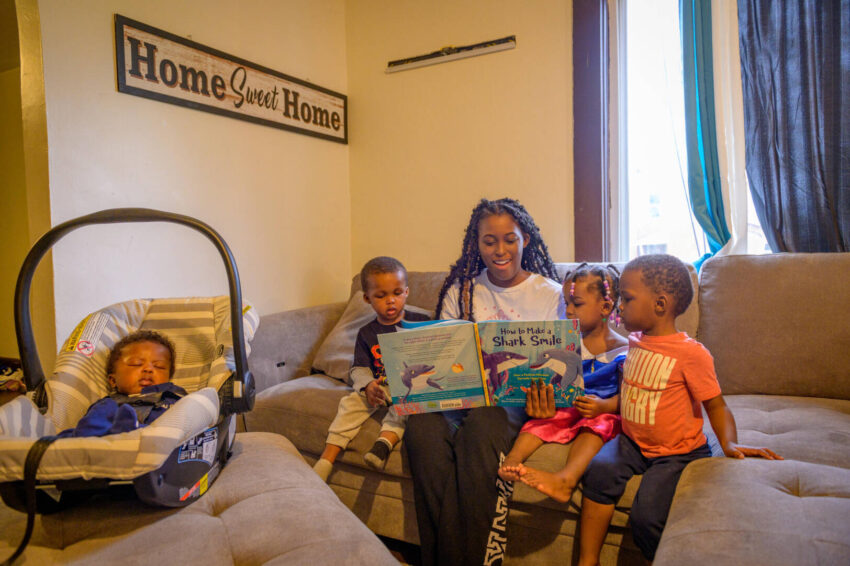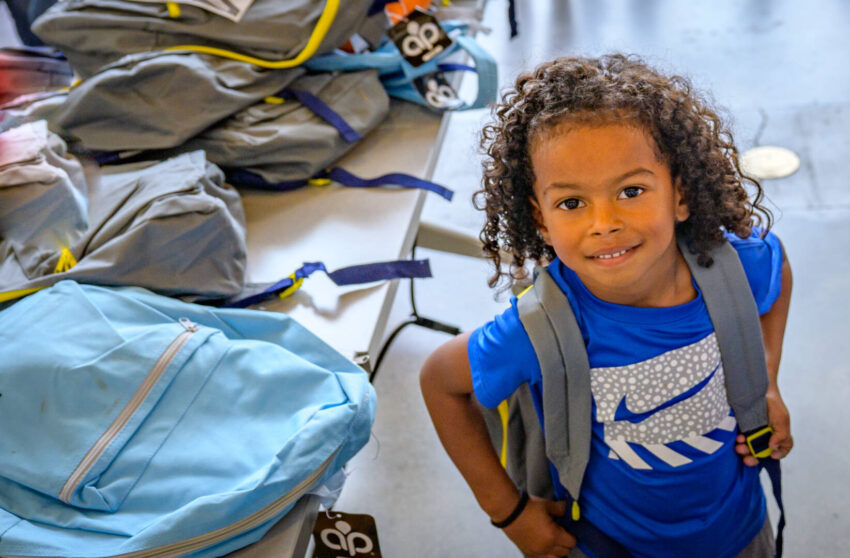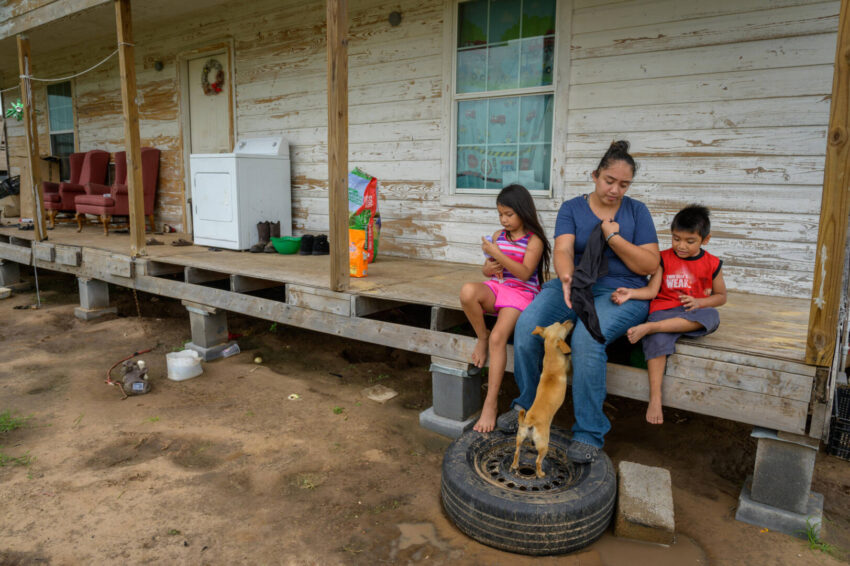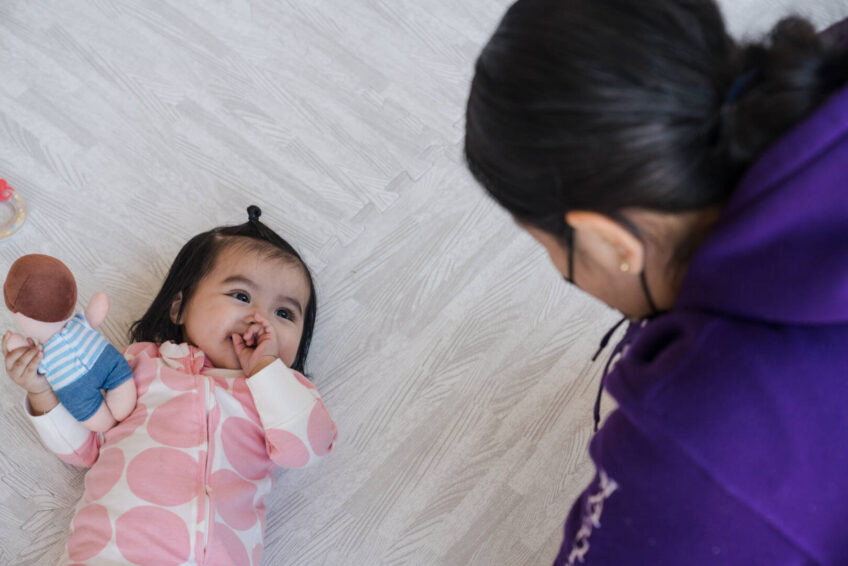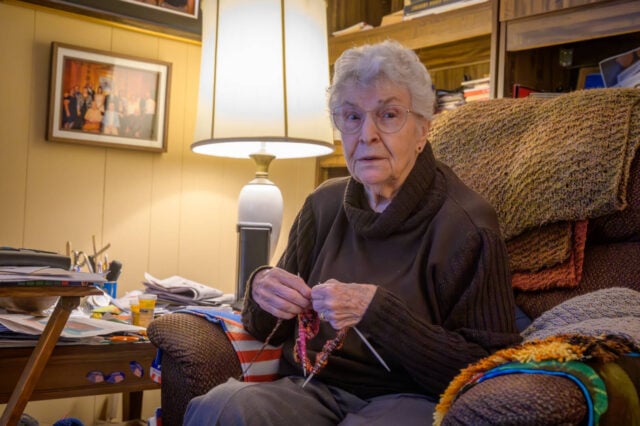At World Vision, we’re called to serve the most vulnerable children and their communities around the world, including right here in the United States. And we do it by engaging churches and organizations and providing a way for manufacturers and businesses to share excess resources with people struggling with poverty. In fiscal year 2023 (October 2022 to September 2023), we were able to reach 3.5 million children and adults through our various U.S. work.
Here are the top four ways we are tackling poverty in the United States.
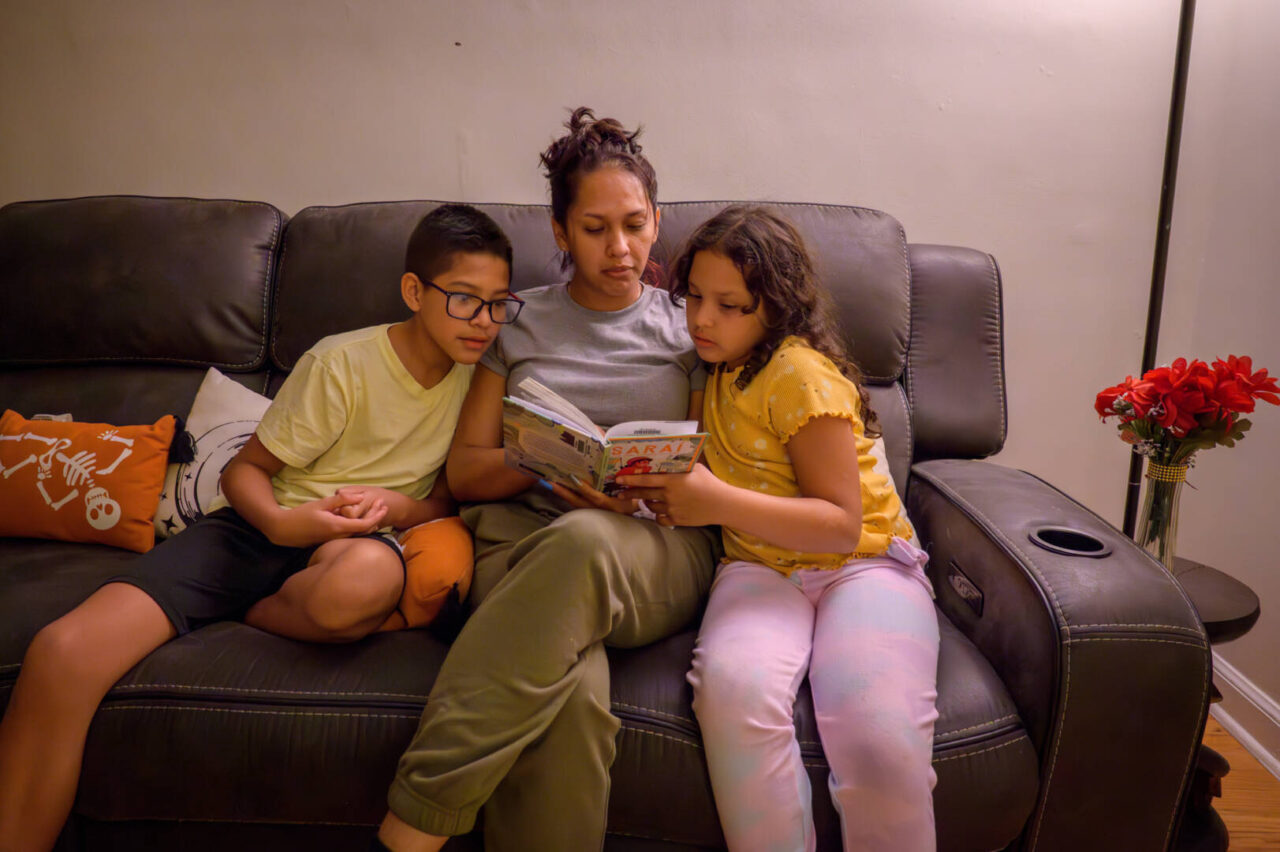
1. Donated products
World Vision helps alleviate poverty in the United States by providing families, schools, churches, and community organizations with products donated by U.S. manufacturers and corporations. We distribute these products through our national network of more than 3,600 partner organizations. The World Vision Storehouse’s seven locations include Appalachia (located in Philippi, WV); Chicago; Greater New York (located in Bronx, NY); Hartford, Connecticut; Pittsburgh; North Texas (located in Grand Prairie, TX); and the Pacific Northwest (located in Fife, WA).
Most of these sites include Essential Supplies Centers, Building Materials Centers, and Teacher Resource Centers.
World Vision has also expanded our reach through 53 affiliate partners in 61 locations across the country who receive regular truckloads of donated products to be distributed to people in need.
Products donated include furniture, office and school supplies, hygiene products, cleaning supplies, appliances, furniture, clothing, toys, building materials, books, seasonal decorations, and other items. In fiscal year 2023, we distributed 97,000 pallets of resources valued at nearly $181 million both domestically and internationally.
One way you can give essential products, like a winter coat, to a child in need is through the World Vision Gift Catalog.
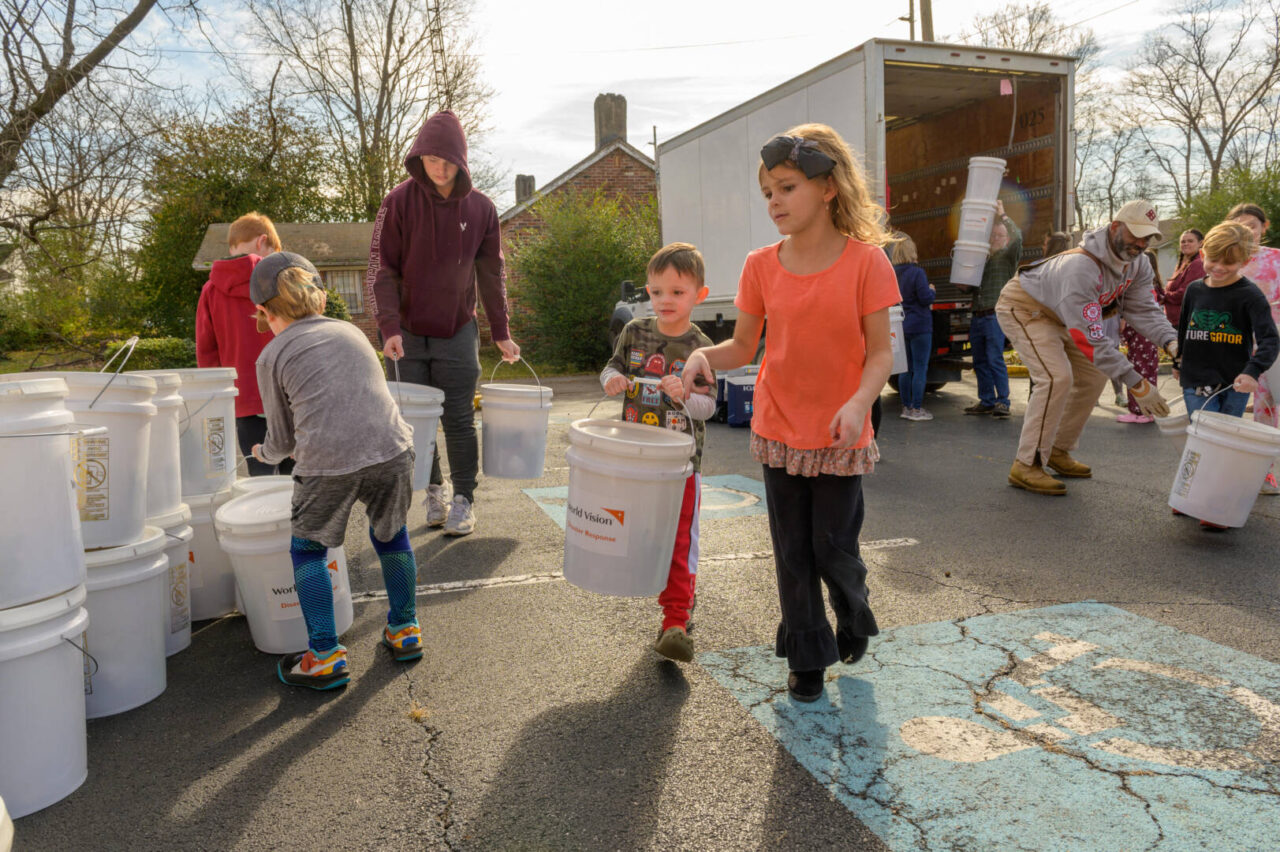
2. Disaster response
When a major disaster strikes a U.S. community — such as the tornadoes that swept through the Southeast in 2021, and the wildfires in Texas in 2024 and Maui in 2023 — World Vision staff jump into action to make sure children are protected and their families find relief during their time of crisis. Our response teams can act quickly after disasters because of pre-positioned emergency relief supplies at our warehouses across the country.
We also work with our network of more than 3,600 churches and nonprofits around the country to identify needs, assess damage, and get supplies out to those who need them most.
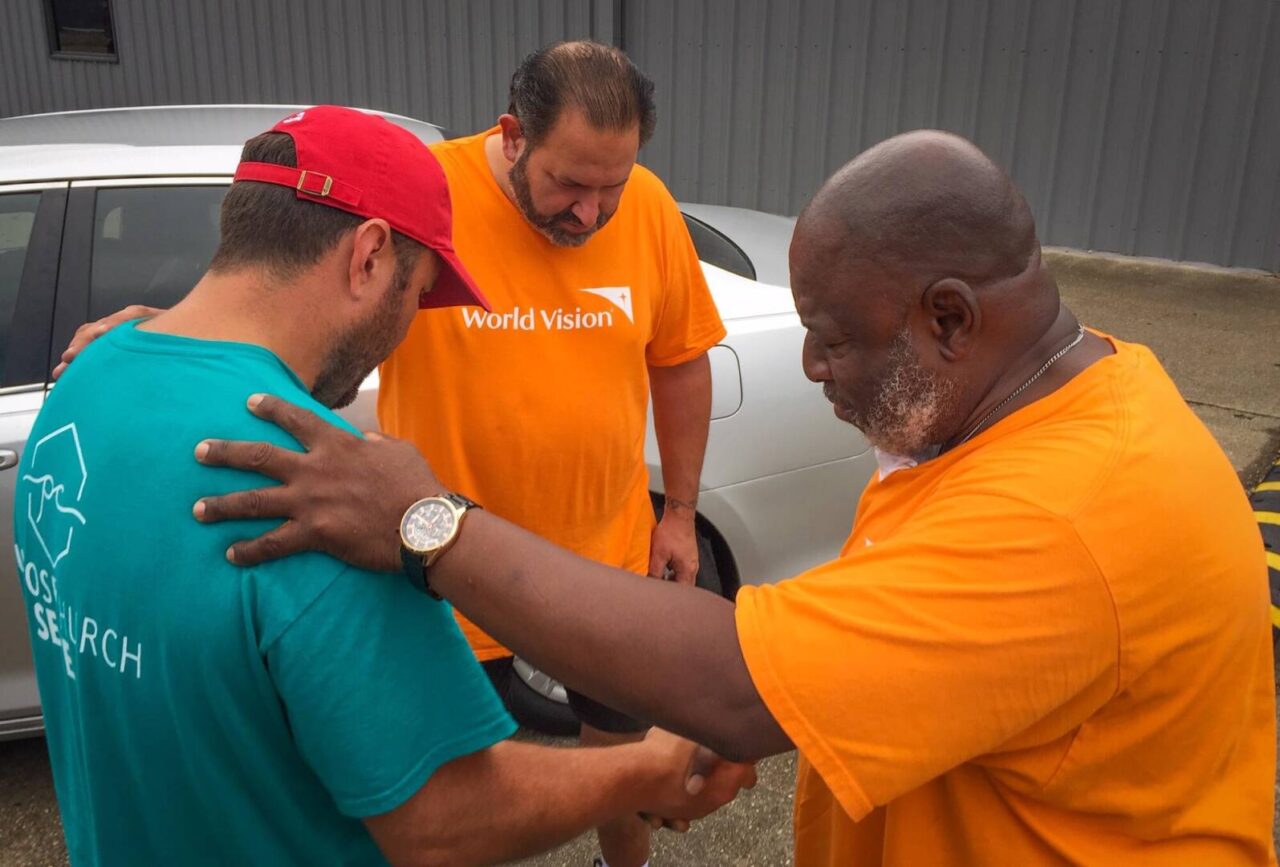
In many of the hardest-hit communities, World Vision staff work with Pastor Ambassadors who bring firsthand experience of our disaster response efforts and offer prayer, guidance, and mentorship to equip leaders for effective and lasting community care.
World Vision served more than 93,000 people through our disaster responses in fiscal year 2023. If a community needs ongoing support, World Vision stays beyond the initial relief and recovery phases to offer support as the community rebuilds.
Supporting our disaster response efforts in the U.S. will help provide relief when disaster survivors need it most.
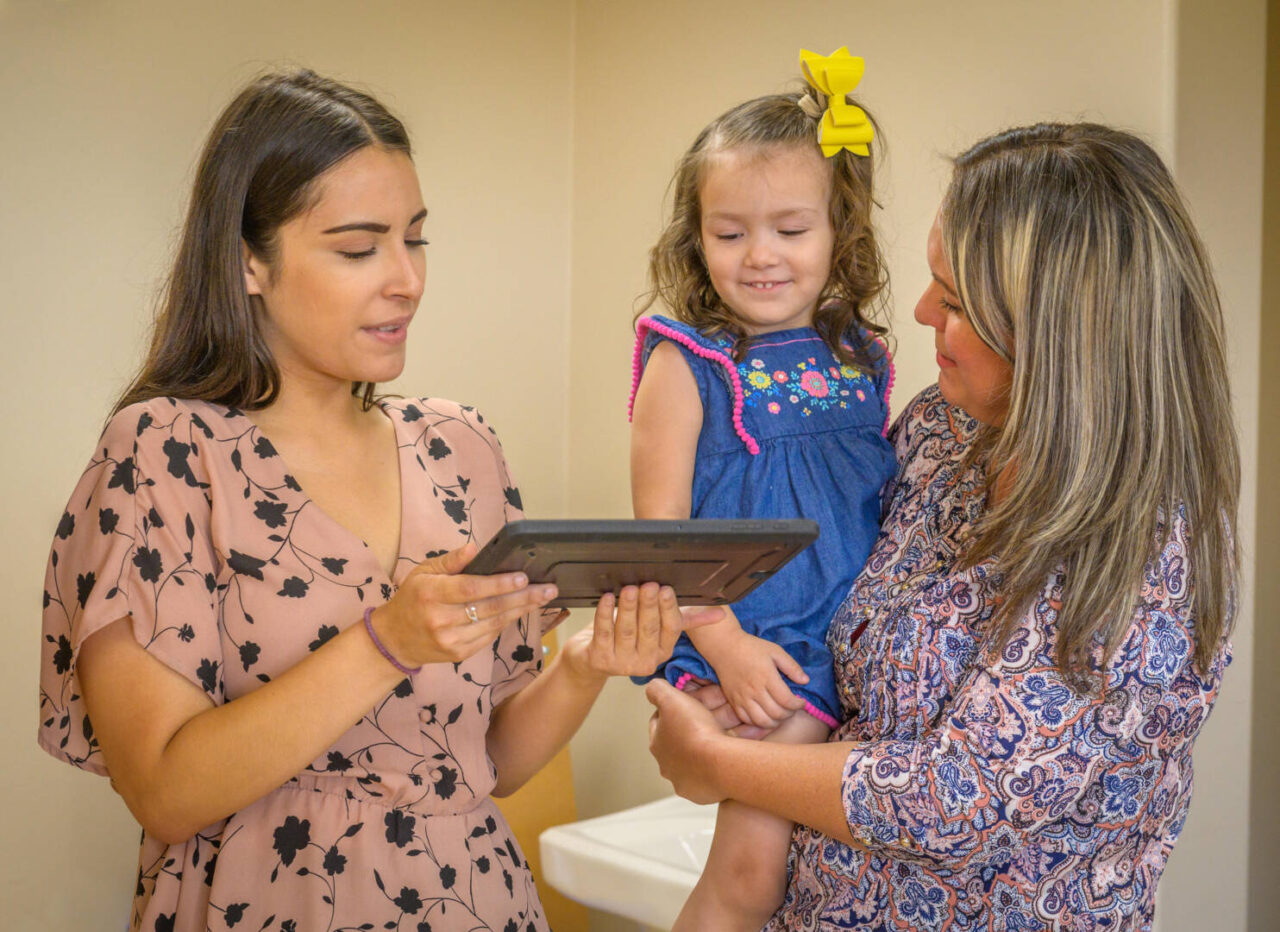
3. Education
In addition to our Essential Supplies and Building Materials Centers, World Vision offers resources for teachers, schools, and their students at Title I schools through our six Teacher Resource Centers (TRCs) around the country.
When families can’t afford to buy basic school supplies for their kids, their teachers and school leaders often provide them out of their personal budget. At World Vision TRCs, they get to stock up on free school supplies, classroom materials, books, and games a few times per year to keep students engaged in lessons. We also have a Mobile TRC, which allows us to reach vulnerable communities that aren’t close to any of our warehouses.
This program reached more than 179,000 students and teachers nationwide with more than $2.7 million worth of product.
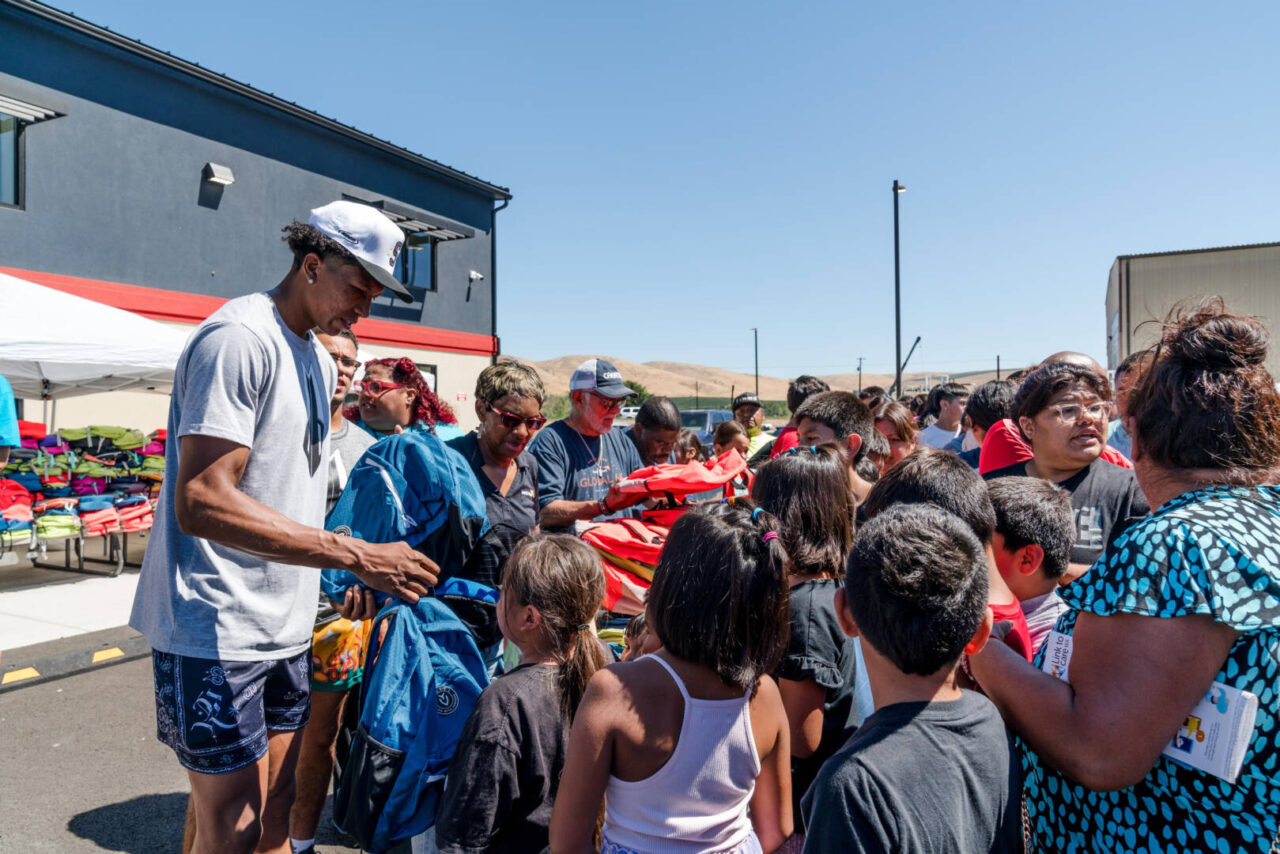
In late summer and early autumn, World Vision partners with athletes to host backpack drives. The athletes work with World Vision to give back to their communities and ensure that the kids start the school year equipped for success.
Fiscal year 2023 also saw the development of the Classroom Wellbeing Kits (and distribution of 988 of them), which provide teachers critical tools to help students struggling with behavioral issues, self-management, and relationship skills. Each kit contains a teacher handbook with fun, user-friendly classroom activities and items that encourage students to self-regulate their emotions and focus on their studies. Under-resourced schools across the U.S. are receiving Classroom Wellbeing Kits through partner organizations and our TRCs.
World Vision runs an after-school tutoring and mentoring program for at-risk students, called KidREACH. In fiscal year 2023, 140 children participated in KidREACH after school programming. The participating kids received a total of 325 hours of academic assistance and 6,315 meals.
World Vision also expanded its partnership with Worldreader by including access to Worldreader’s digital literacy app in the Classroom Wellbeing Kits. The app — called BookSmart — includes over 400 books in a variety of languages. In fiscal year 2023, more than 1,945 students accessed the digital library in English and Spanish and read more than 1,766 books. World Vision also distributed 500 tablets to under-resourced schools.
You can provide school supplies to tangibly encourage a child in their studies.
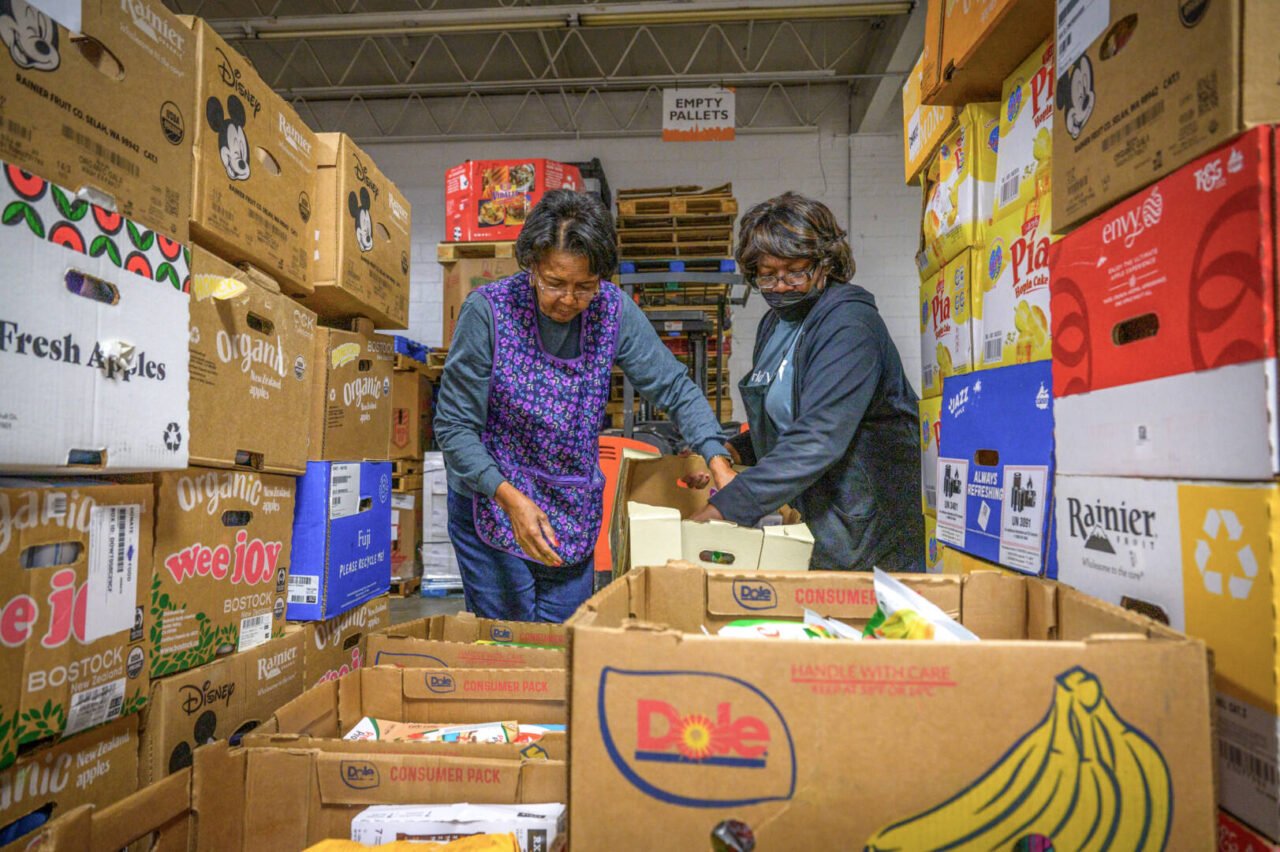
4. Volunteer program
Volunteers are essential to the impact of our programs. They come from all walks of life, including churches, schools, corporations, and groups of students with disabilities. During the height of the COVID-19 pandemic, volunteer hours took a hit, but they returned to pre-pandemic numbers in 2023, when 6,075 people donated 50,835 hours of their time. This saved World Vision more than $1.6 million in labor costs, which allowed us to invest more in programs to help vulnerable people in the U.S.
Learn more about how you can get involved with us through volunteering.
Laura Reinhardt and Amy Van Drunen of World Vision’s U.S. staff contributed to this article.
